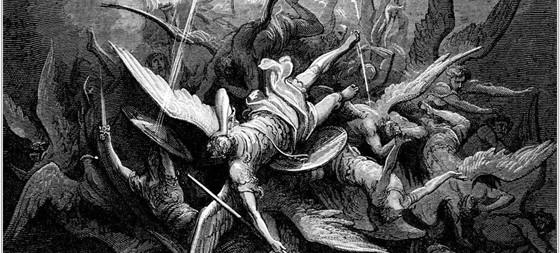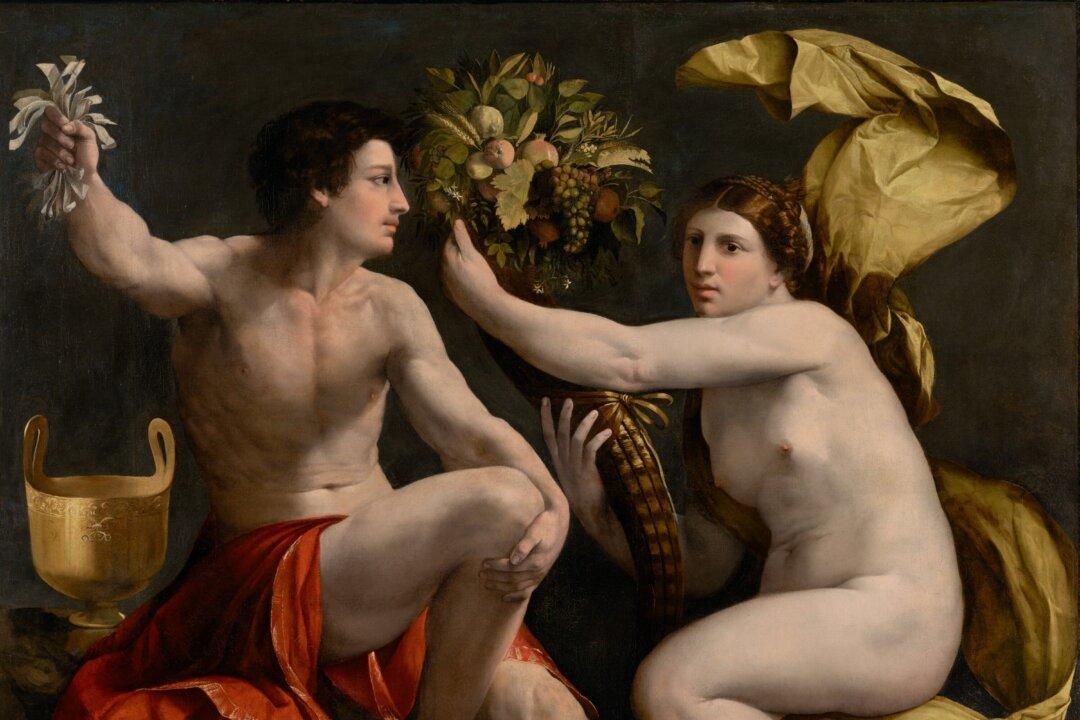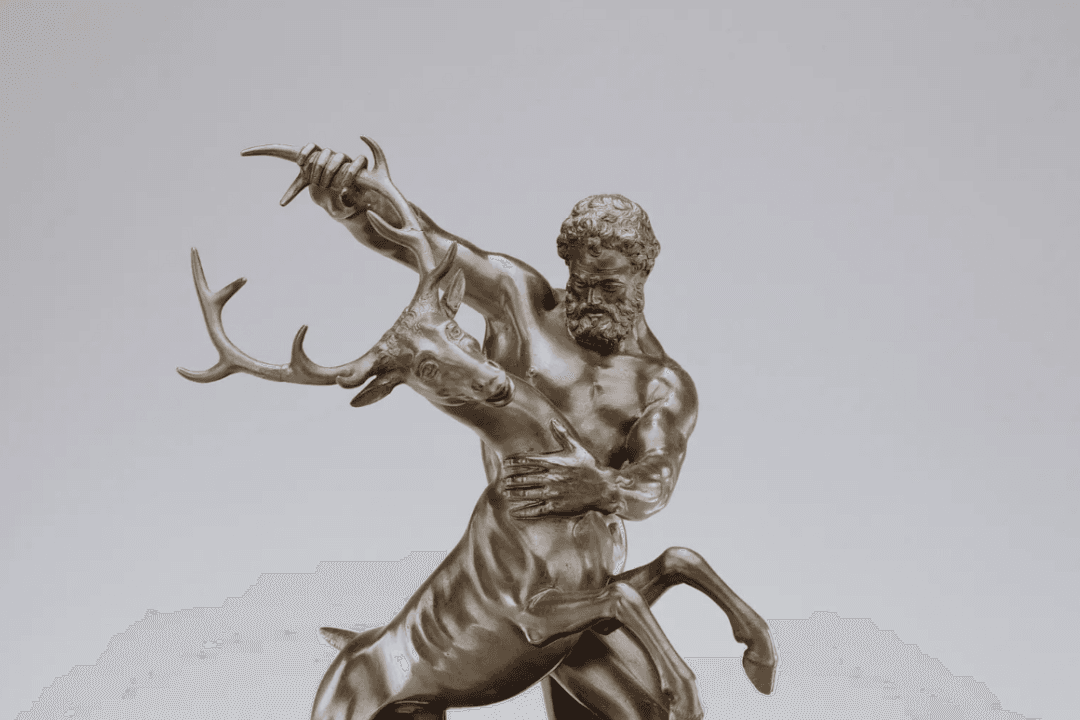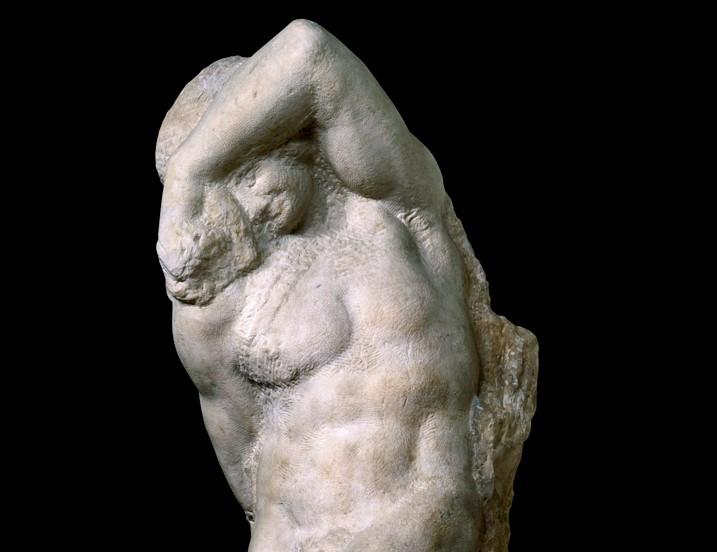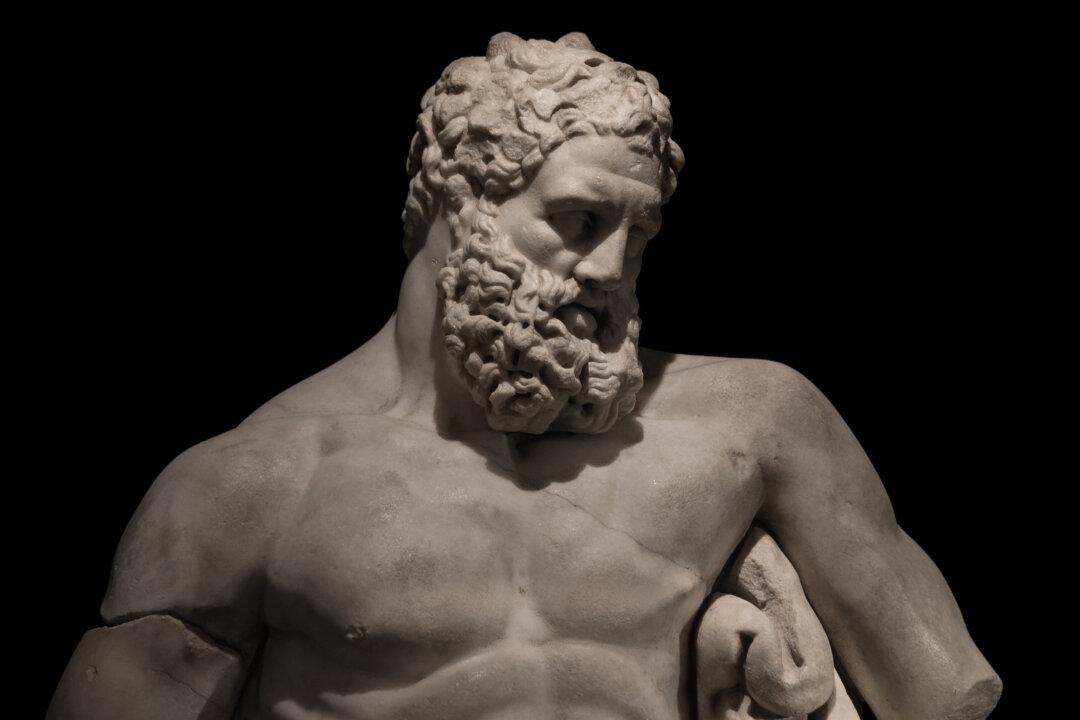John Milton began his tragic poem “Paradise Lost” by telling us of a great war in heaven. Wanting to rule heaven, Satan gathered a group of rebel angels to oppose God. Thus, Satan’s pride initiated a divine war. Of course, Satan and the angels who sided with him lost the war and were cast from heaven.
Milton describes the event as follows:
“[W]hat time his pride Had cast him out from Heav’n, with all his host Of rebel angels, by whose aid aspiring To set himself in glory above his peers, He trusted to have equalled the Most High, If he opposed; and with ambitious aim Against the throne and monarchy of God raised impious war in Heav’n and battle proud With vain attempt. Him the Almighty Power Hurled headlong flaming from th’ ethereal sky With hideous ruin and combustion down To bottomless perdition, there to dwell In adamantine chains and penal fire…” (Book 1, lines 36-48).

